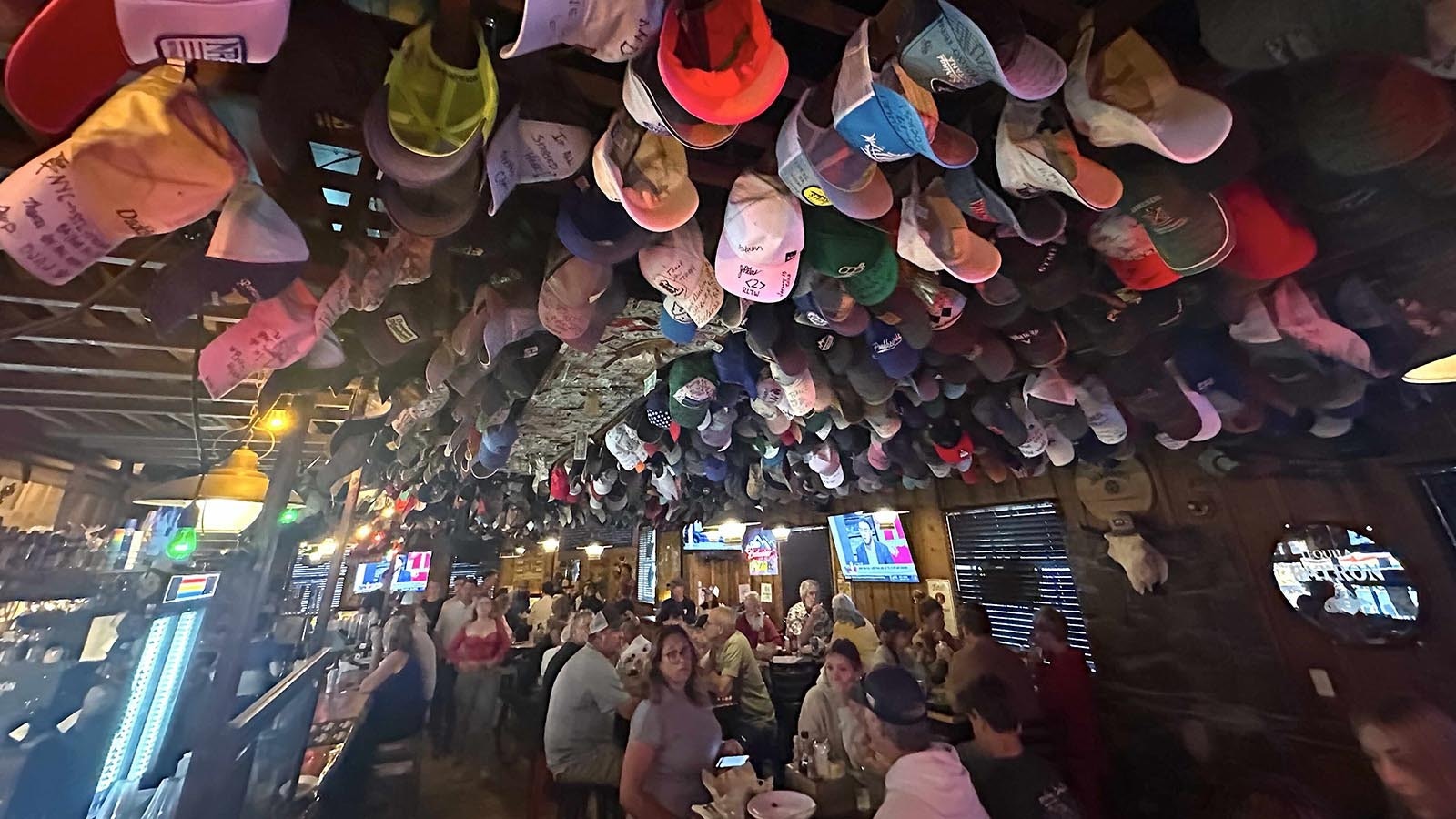The road ahead is not looking good for Wyoming’s first legally registered decentralized autonomous organization, American Cryptofed DAO.
Administrative Law Judge Carol Fox Foelak for the SEC Commission has issued a stop order suspending American Crypto Fed DAO’s registration statement because it omitted required information, including audited financial statements that American CryptoFed DAO says are impossible for it to generate until the DAO is operational.
“The audited financial statements for American CryptoFed DAO cannot be done by an independent accounting firm before records to be audited can be generated through transactions of tokens,” American CryptoFed DAO’s Chief Financial Officer Xiaomeng Zhou told Cowboy State Daily. “This is a Catch-22 situation.”
Zhou said the company intends to file a petition within the 21-day window requesting guidance from Judge Foelak on how to provide audited financial statements ahead of having any actual records to audit.
Zhou said the company is also planning to update its registration filing with the SEC according to guidance it has found in the Token Safe Harbor Proposal 2.0, updated by SEC Commissioner Hester Peirce in 2021.
Her proposal would offer network developers a time-limited exemption from registration of tokens, as long as certain disclosure conditions are met.
That might be a help — if the proposal were to be adopted. Given, however, that it is only a proposal at this stage, it’s not clear that this will lead to curing any of the company’s registration issues.
Does It Pass The Howey Test?
Aside from the lack of audited financial statements, American CryptoFed DAO’s registration also lacked an opinion from counsel as to the legality of the proposed tokens, which are alleged by the SEC to be securities.
American CryptoFed DAO tried to withdraw its application for registration after deciding they weren’t really securities, but the SEC denied the request.
Zhou has told Cowboy State Daily the tokens do not meet the Howey Test. According to that legal construct, transactions are considered securities if they involve an investment of money in a common enterprise with the expectation of profits, which will be derived as a result of others’ efforts. All four of these conditions must be met or the token isn’t a security.
Examples might include tokens that provide investors with access to future products or services, or that can be redeemed for a fee discount.
But under the SEC’s current thinking, it appears that any utility token available in return for cash or other assets could still be classed as a security by the SEC, regardless of any avowed utility token framework, even if the purpose of the transactions isn’t necessarily to make money.
What is American CryptoFed DAO
American CryptoFed DAO’s stated goal has been to provide a new, frictionless payment system that allows America’s largest merchants to bypass credit card companies.
American CryptoFed DAO has just one member — the company MShift, founded in 1999 by American CryptoFed CEO Scott Moeller as a mobile payments system for the banking industry.
MShift serves not only the five largest banks in the United States, but institutions down to the tiniest banks and credit unions, said Moeller, who has been among staunch advocates for a Wyoming stable token.
It was through MShift that Moeller became a member of an industry work group put together by the Boston-Atlanta Federal Reserve Banks, which looked to revamp and lower the cost of payments. Also tapped for the group were PayPal and Apple.
Moeller and the Merchant Advisory Group have been suggesting to lawmakers that Wyoming’s stable token could be part of the solution that they’ve been seeking, and that it would mean a huge payday for the Cowboy State.
“In 2018, (Merchants Advisory Group) had $4.8 trillion worth of transactions,” Moeller has testified to lawmakers. “So over 60% of credit cards and debit card spending in the United States went through these retailers.”
Capturing even a little of that action with Wyoming’s stable token, which would be backed by short-term treasuries, would result in large amounts of interest earnings.
Lawyer Looming
Zhou told Cowboy State Daily the company intends to hire an attorney once it has gone through all of what it sees as the necessary steps. Among these is asking the SEC every week for 10 weeks to provide guidance on curing its registration.
After that, the game plan is to hire an attorney to file a “void for vagueness” lawsuit.
This tack is already getting some traction, Zhou said, in the SEC’s case against Ripple Labs. It sells a digital payment solution to banks that uses a cryptocurrency asset to settle cross-border payments in seconds at almost zero cost.
Among its arguments, Ripple has claimed that lack of regulatory clarity means the company did not get fair notice of what is or isn’t prohibited in this space.
It won a significant ruling recently that will allow a peek under the SEC hood.
Judge Analisa Torres has denied the SEC’s request to keep under seal a 2018 policy speech by then SEC Director William Hinman.
Other cryptocurrency and digital asset companies will also be looking at the documents Ripple has successfully dragged into the public limelight to bolster their own cases. Among these is Coinbase, whose IPO was approved by the SEC in 2021, with full disclosure that the businesses model was to list digital assets, just like XRP does, without a broker-dealer license.
A favorable outcome in the Ripple case could force the SEC to stop the regulation-by-enforcement approach it’s been using of late.
It might also be the only way forward at this point for Wyoming’s, and the world’s, first legally registered DAO.





